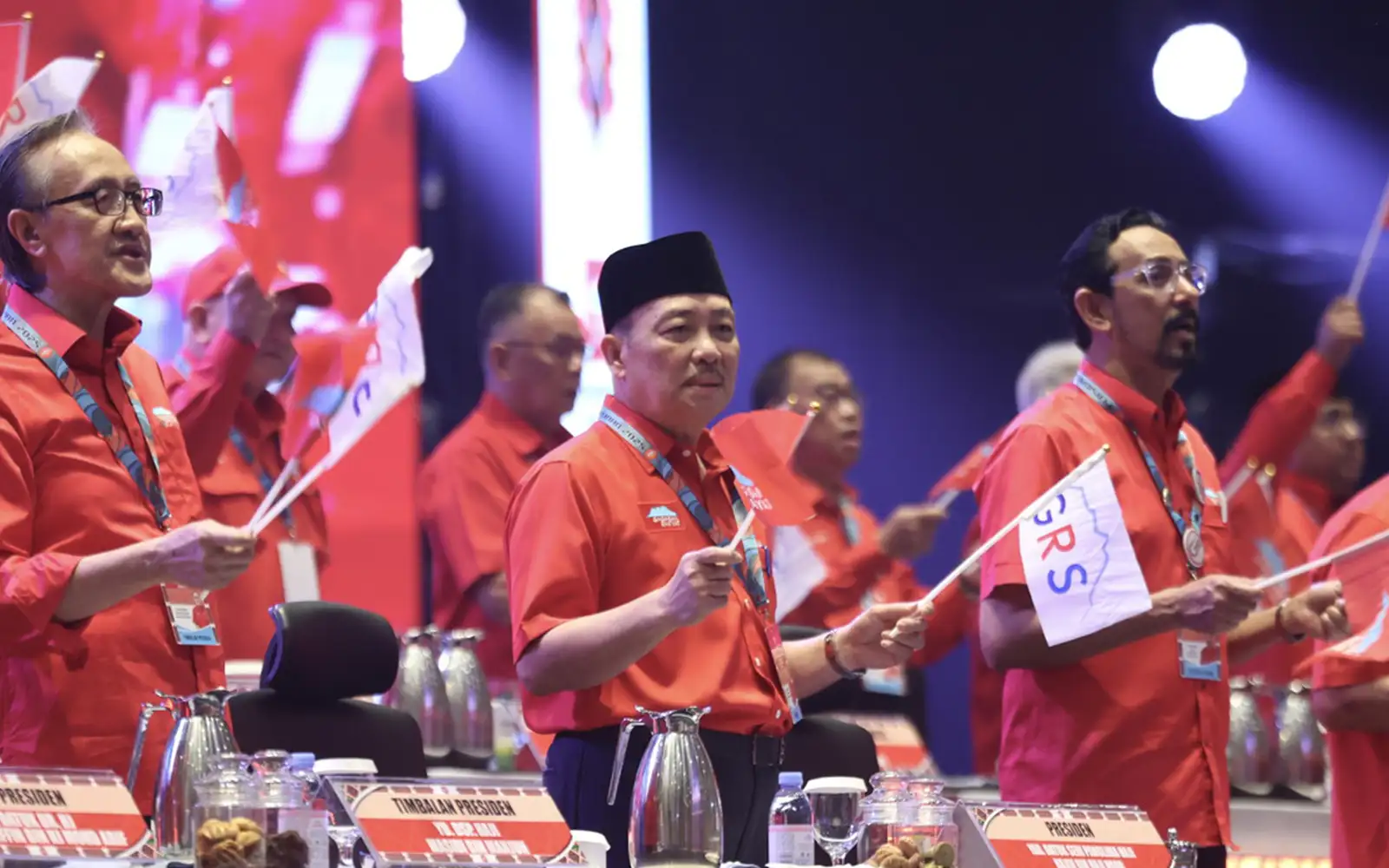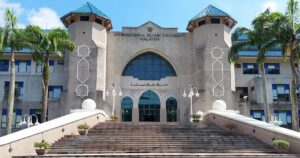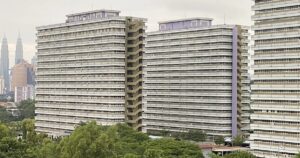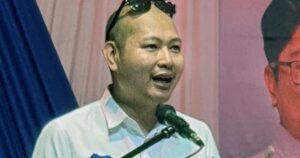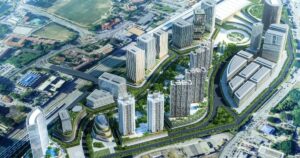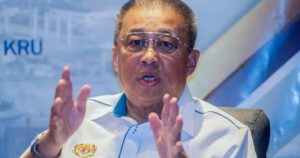
The ruling Gabungan Rakyat Sabah, with a broader base of support across the state, is better positioned to win seats in the coming Sabah state election, where multi-cornered contests are likely to feature.
Bilcher Bala of Universiti Malaysia Sabah said the coalition, composed of local parties, also benefits from incumbency, giving it a slight edge over rivals, particularly Barisan Nasional.
“GRS has a strong local presence and is seen as more aligned with Sabah-centric sentiments, especially in rural and semi-urban areas,” he told FMT.
On Tuesday, BN chairman Ahmad Zahid Hamidi reaffirmed BN‘s alliance with Pakatan Harapan for the Sabah state election, calling the pact “locked in” based on a federal-level agreement.

However, he also acknowledged that PH has ongoing electoral cooperation with GRS, suggesting that GRS and BN are likely to clash in the upcoming polls.
Bilcher said PH appears to be strategically positioning itself to play the role of kingmaker if no coalition secures a clear majority, especially if neither BN nor GRS wins an outright majority.
He said that PH, by maintaining ties with both BN and GRS, ensures it remains central to any post-election government formation regardless of which bloc prevails.
However, Bilcher expressed scepticism that GRS, BN, and PH could work together in government, citing significant differences between GRS and BN.
He also dismissed the likelihood of a last-minute alliance between the two, especially after Sabah BN chief Bung Moktar Radin ruled out such a possibility.
“A last-minute alliance is technically possible, but it would require a dramatic shift in tone and trust, which could become a political time bomb if forced,” he said.

Oh Ei Sun of the Singapore Institute of International Affairs said the current arrangement stems from compromise as there is pressure for PH and BN to cooperate.
However, Lee Kuok Tiung, also of UMS, poured cold water on the possibility of a last-minute GRS-BN collaboration, saying a clash between the two is “inevitable”.

Lee also agreed that GRS is the most likely to win in multi-cornered contests, with former Perikatan Nasional component parties such as the Sabah Progressive Party and Parti Solidariti Tanah Airku now under the GRS banner, further strengthening its support base.
The growing pro-local party sentiment, and rising feelings against national parties, must be acknowledged by state political leaders.
The current state assembly’s five-year term expires on Nov 11 unless it is dissolved earlier to make way for fresh elections.
